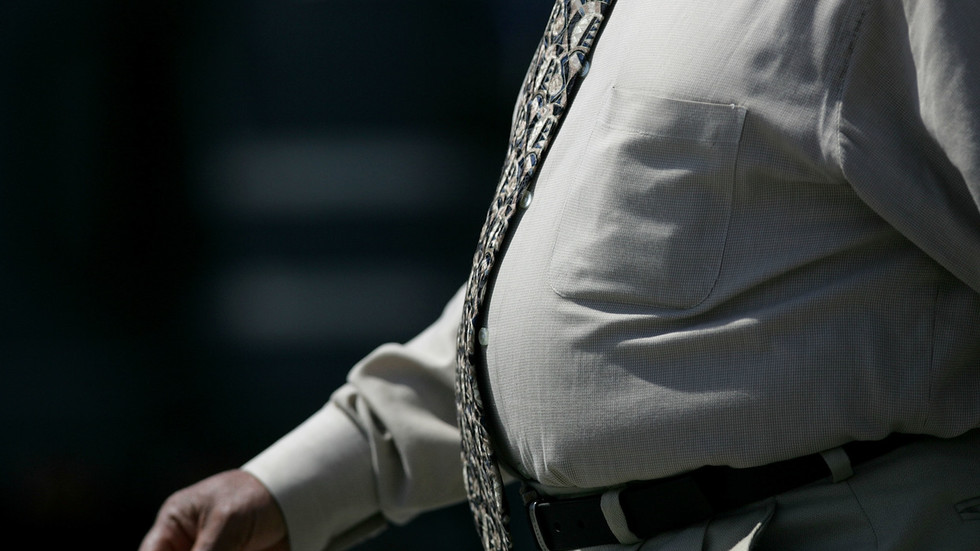
More than 40% of Americans are considered clinically obese, according to the CDC

A man walks along the Embarcadero April 6, 2005 in San Francisco © Getty Images / Justin Sullivan/Getty Images
Eric Adams, the second-year Democratic Mayor of New York City, signed a bill into law on Friday prohibiting discrimination based on a person’s height or weight in matters of employment, housing and public accommodation. Critics of the controversial legislation say it will open legal floodgates which could lead to a torrent of lawsuits.
“I’m a person that believes in health, so when you talk about not discriminating against someone because of their body type, it’s not fighting against obesity; it’s just being fair,” Adams said of the bill in remarks on Friday.
He added that he believed that outlawing this type of discrimination was “the right thing to do” and that “science has shown body type is not a connection to if you’re healthy or unhealthy, and I think that’s a misnomer that we are really dispelling.”
New York’s Commission on Human Rights will be tasked with investigating complaints made following the introduction of the legislation, adding to other areas of potential discrimination it oversees in areas such as race, gender, age and sexual preference.

Read more
New York’s adoption of the law comes amid similar measures being considered against weight discrimination by lawmakers in New Jersey and Massachusetts. It is already prohibited in Michigan and Washington state.
Critics, though, say the law could provoke a litigious storm in the Big Apple. “I’m overweight, but I’m not a victim,” said New York City Council minority leader Joseph Borelli, a Republican, last month according to the New York Times. “No one should feel bad for me except my struggling shirt buttons.”
Borelli added that the legislation could open the door for people to “sue anyone and everything.” The New York Post added in an editorial earlier this month that it was a “fat gift to NYC’s bottom-feeding legal sharks.”
Obesity is a growing problem in the United States. In the 20 years preceding March 2020, data compiled by the Centers for Disease Control and Prevention (CDC) indicated that prevalence of obesity increased from 30% to almost 42% of the total population. Some 9.2% of Americans are considered to be “severely obese,” according to the CDC study conducted in 2021.




